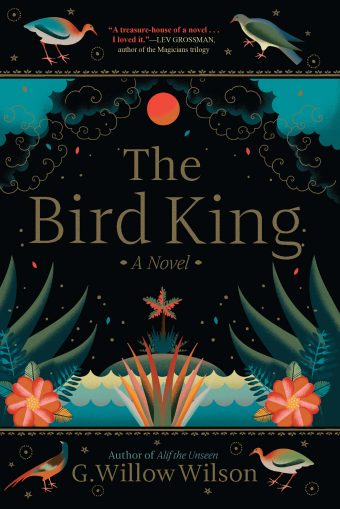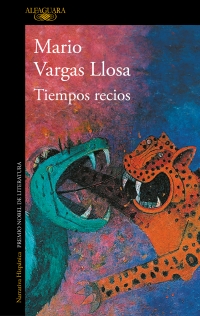The daily El País narrates it as a big commercial success for the publisher Planeta that they can award their big literary prizes to two well-known authors who before had been published by their biggest competitor for hegemony on the world-wide market for books in Spanish, Penguin Random House.
The good news for the reader is that –in contrast to previous editions– this year’s prizes have been awarded to “serious” writers, recognized by the critics and the reading public alike.
The Planeta 2019 went to Javier Cercas for Terra Alta [“High Earth, Highlands” – a county in Southern Catalonia],
a story set in contemporary Catalonia, with the independence movement’s so-called “process” in the background, and with a protagonist called Melchor Marín, a former criminal and inmate, hero of the jihadist attacks in Cambrils in 2017, and a Mosso d’Esquadra policeman in Gandesa [capital of Terra Alta, Tarragona]. He needs to solve a triple murder. Cercas starts with this novel a crime series which will keep him for a time with the new publisher.
The still considerable prize money for runner-up [150,000 €] went to Manuel Vilas for Alegría [Joy],
which looks like a sequel to his bestselling Ordesa, i.e. an autobiographic book in which the narrator’s voice, a middle-aged writer, laments the passage of time and the loss of his loved ones, and tries to flee depression and be definitely happy. [El País]
There are older blog posts on books by Javier Cercas (2017, 2014, 2013) and Manuel Vilas (2018), and also on previous editions of the Planeta book prize: 2018, 2017, 2016, 2013.
SOURCE: article by Laura Fernández in El País, Oct. 16, 2019




